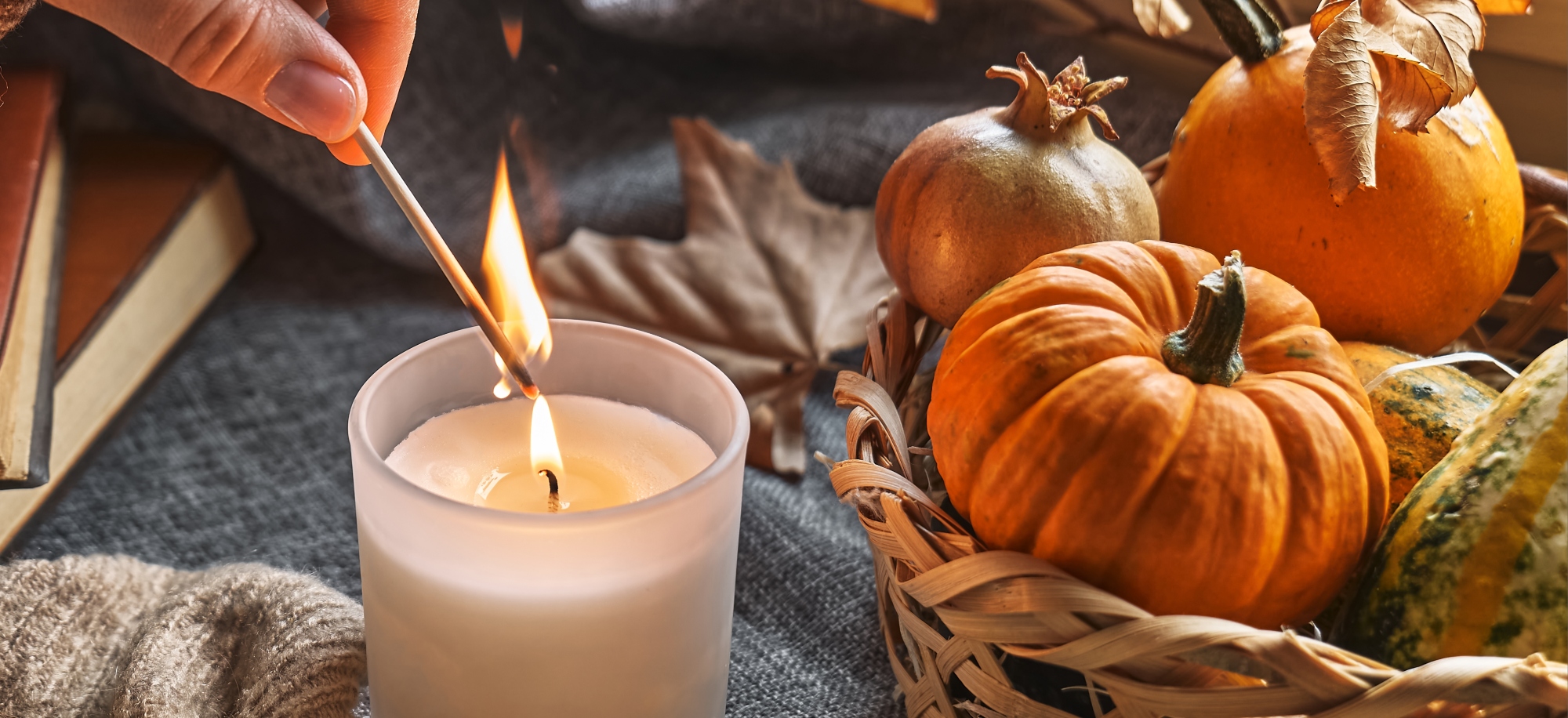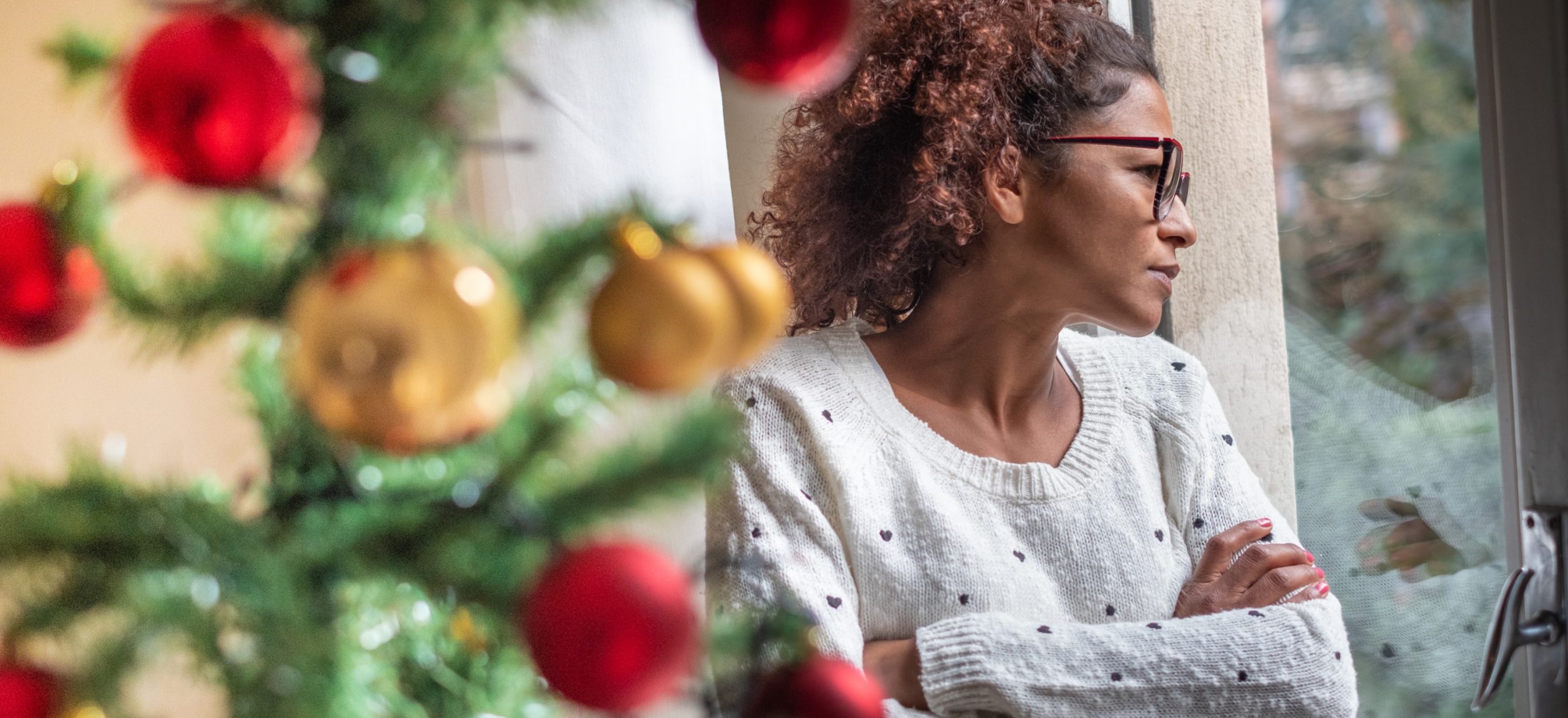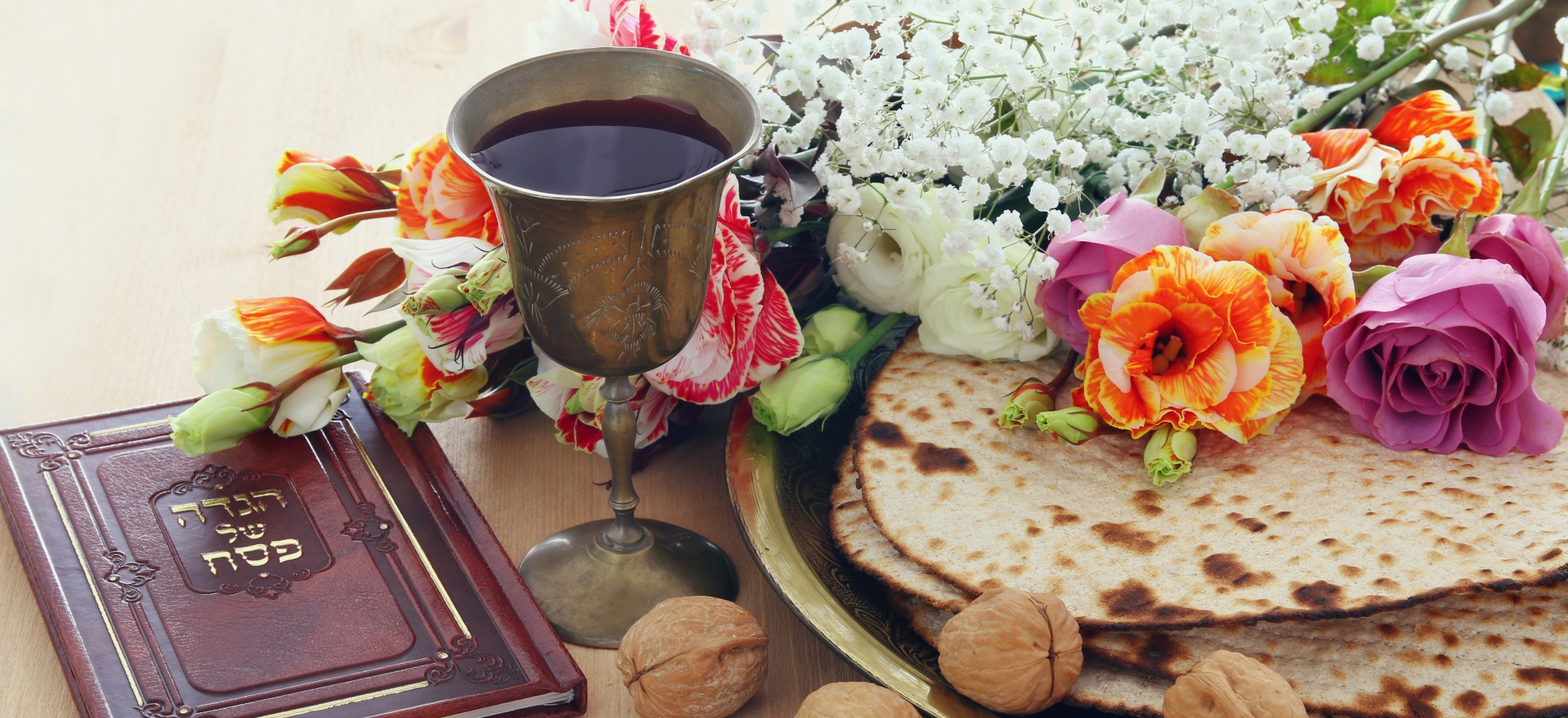As we enter the month of November, we begin the holiday season. For grieving people, this is a very painful time of year because a loved one has died. I am a firm believer that families that grieve together stand a better chance of coming to grips with the grief as compared to family members who go off and grieve on their own. With the holidays approaching, I suggest that families gather and have some type of ritual to remember their loved ones.
The ritual is a vehicle whereby a loved one can remain a part of a family, albeit in a different type of presence. Their presence is more mystical than physical, but they are present all the same. They remain a part of a family system even though they have gone to the hereafter. They still have a name, are loved by the survivors, and have been a part of a family, so why shouldn’t they have a part in family festivities?
Will there be tears as they are remembered? Probably yes. Tears are OK. Will these tears ruin the festivities for the rest of the participants? I hope not. The alternative is to fake it through and not mention this loved one’s name even though this name is on every person’s mind and this person is very much missed.
I encourage families to address the issue directly and then embrace the festivities. Acknowledging the absence of the loved one can be a healing step; it’s important to share some tears and memories before moving forward with the celebration. Ignoring or avoiding this person can lead to feelings of guilt and regret, making it seem as though their memory is being neglected and disrespected. This added burden can complicate the already challenging emotions that arise from the loss of someone to suicide, and it’s a price far too high to pay. Embracing both the sadness and the joy can create a more meaningful way to honor their memory.
Some family members might choose not to participate. That is OK. It might be too much for them to endure. They should not be penalized because they avoided the ritual. It is important to remember that people grieve differently.
Overall, I am a firm believer that as we remember our loved ones through rituals, they continue to be a part of a family system. A tragedy worse than losing a loved one to suicide is if these loved ones were to be forgotten. If there are rituals, these loved ones will always be part of our families and the family system. They are gone but not forgotten.
It takes some creativity to put a ritual together. The ritual can be very simple: a toast before a meal and wishing this loved one peace and goodwill. The person’s picture can be displayed in a prominent place of honor. A candle can be lit in memory of this loved one. A song can be sung or played. A prayer can be offered, or a scripture passage can be recited. …
The important point is that these loved ones are remembered during these holidays. Will such a ritual ruin the gatherings? I don’t think so. The first few holidays without this loved one take on a very different tone and are very painful. Every succeeding holiday is different because this loved one is missing. The goal is to remember this loved one without going to pieces. This takes time and a lot of practice. The rituals help in the practice and allow family members to develop a comfort level with this missing person.




